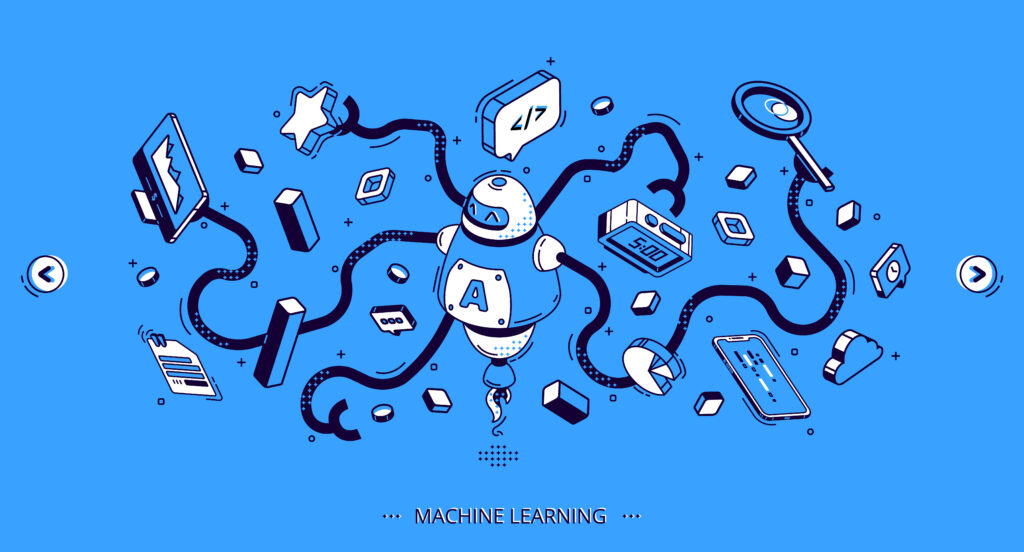The Presidio Recommendations on Responsible Generative AI

The Presidio Recommendations on Responsible Generative AI World Economic Forum and AI Commons have jointly published a report on Responsible Generative AI. Generative artificial intelligence (AI) has the potential to transform industries and society by boosting innovation and empowering individuals across diverse fields, from arts to scientific research. To ensure a positive future, it is […]
Everything. Everywhere. All at Once: AI Policy When Congress returns

Everything. Everywhere. All at Once: AI Policy When Congress returns Marc Rotenburg, the Executive Director and Founder of the Center for AI and Digital Policy, writes about what is in store for AI policy when US congress returns in September. To read the full article, please click on this link.
Exploring Explainable AI for the Arts

Exploring Explainable AI for the Arts This article co-authored by Nick Bryan-Kinns, Berker Banar, Corey Ford, Courtney N. Reed, Yixiao Zhang, Simon Colton and Jack Armitage asks the crucial question about how can we maintain transparency in the music industry about music generated by AI? Abstract: Explainable AI has the potential to support more interactive […]
Estimating the Carbon Footprint of BLOOM, a 176B Parameter Language Model

Estimating the Carbon Footprint of BLOOM, a 176B Parameter Language Model This article co-authored by Alexandra Sasha Luccioni, Sylvain Viguier, and Anne-Laure Ligozat estimates that BLOOM, a Large Language Model, with 176 billion parameters, emits 24.7 tonnes of CO2 during a single training. Abstract: Progress in machine learning (ML) comes with a cost to the […]
Tech experts are starting to doubt that ChatGPT and AI ‘hallucinations’ will ever go away

Tech experts are starting to doubt that ChatGPT and AI ‘hallucinations’ will ever go away This article written by Matt O’Brian and the Associated Press argues that the problem of AI ‘hallucinations’ is not fixable. Anthropic, ChatGPT-maker OpenAI and other major developers of AI systems known as large language models say they’re working to make […]
Eight Months Pregnant and Arrested After False Facial Recognition Match

Eight Months Pregnant and Arrested After False Facial Recognition Match This New York Times article presents yet another dangerous example of bias in AI development and deployment, and the harmful consequences pf unregulated use of such systems for policing. Please click on this link to read the full article.
Towards Generalist Biomedical AI

Towards Generalist Biomedical AI Researchers from Google DeepMind have released Med-PaLM M, which is a large multimodal generative model that flexibly encodes and interprets biomedical data including clinical language, imaging, and genomics. Abstract. Medicine is inherently multimodal, with rich data modalities spanning text, imaging, genomics, and more. Generalist biomedical artificial intelligence (AI) systems that flexibly […]
MOOC for Managers and HR about ChatGPT and AI

MOOC for Managers and HR about ChatGPT and AI Cécile Dejoux, Professor at CNAM, has designed a Massive Open Online Course for Managers and HR personnel about dealing with ChatGPT and AI. The course is in French. Following is a translated abstract: Please click on this link to check-out the MOOC and register.
China’s AI Regulation and How They Get Made

China’s AI Regulation and How They Get Made Matt Sheehan of the Carnegie Endowment for International Peace, has published an article on how Beijing is leading the way in AI regulations, releasing groundbreaking strategies to govern algorithms, chatbots and more. Global partners need a better understanding of what, exactly, this regulation entails, what it says […]
China says generative AI rules to apply only to products for the public
China says generative AI rules to apply only to products for the public Author: Josh Ye for Reuters China published measures on Thursday to manage its booming generative artificial intelligence (AI) industry, softening its tone from an earlier draft, and said regulators would seek to support development of the technology. The rules, set to take effect […]